
Anyone Who Wants to Avoid Having a Stroke Needs to Start Eating these 15 Foods Immediately
Magnesium’s importance in human health is often overshadowed by more commonly discussed minerals like calcium or iron. Many people are only vaguely aware of what magnesium is—let alone how crucial it is to hundreds of vital biological processes.
In reality, magnesium supports over 300 metabolic reactions in the body. These include protein, DNA, RNA, and antioxidant synthesis; proper muscle and nerve function; intracellular signaling; regulation of blood glucose and blood pressure; and the development and maintenance of bones and soft tissues. Despite its extensive influence, the majority of people fail to obtain sufficient magnesium through their daily diets.
One of magnesium’s lesser-known but profoundly important roles is its participation in antioxidant production—especially glutathione, often referred to as the body’s “master antioxidant.” Magnesium also binds to various heavy metals such as cadmium, nickel, chromium, and zinc, assisting the body in safely eliminating these toxins. Additionally, research has shown that magnesium plays a protective role in reducing stroke risk.
Magnesium from food is absorbed through the small intestine and then circulated throughout the body via the bloodstream. It is stored in both the bones and soft tissues. The kidneys regulate magnesium levels, flushing out excess amounts when necessary to maintain balance.
The Dangers of Magnesium Deficiency
The World Health Organization reported in 2009 that nearly 75% of Americans do not meet the recommended magnesium intake. More recent meta-analyses involving over one million participants across multiple decades reinforce the significance of this deficiency and highlight its impact on long-term health.
Key findings from these studies include:
-
A substantial percentage of individuals have low serum magnesium levels.
-
Increasing daily magnesium intake by 100 mg does not significantly impact the incidence of coronary heart disease.
-
However, an additional 100 mg per day significantly reduces the risk of stroke, heart failure, type 2 diabetes, and overall mortality.
In addition, low magnesium levels have been linked to a broad range of chronic conditions, including COPD, metabolic syndrome, Alzheimer’s disease, and cardiovascular disease. Despite this, many adults still struggle to meet even the basic recommended daily intake: 400–420 mg for men and 310–320 mg for women (with an additional 40 mg recommended during pregnancy).
Why Magnesium Matters: Insights from Dr. Mildred Seelig
Dr. Mildred Seelig, a pioneering magnesium researcher, dedicated her career to understanding how magnesium influences human physiology. In her landmark book Magnesium Deficiency in the Pathogenesis of Disease, she identifies magnesium deficiency as a contributing factor to:
-
Ischemic heart disease
-
Sudden infant death
-
Heart attack and arteriosclerosis in infants
-
Bone and kidney diseases
-
Kidney stones
-
Imbalances among magnesium, phosphorus, and vitamin D
-
Complications related to pregnancy, including eclampsia and fetal development issues
She further emphasized that magnesium, calcium, phosphorus, and vitamin D must remain in proper balance for the body to function optimally. Excessive calcium or phosphorus increases the body’s need for magnesium—yet modern diets are often high in calcium and phosphate but low in magnesium.
Other health concerns tied to chronic magnesium deficiency include:
-
Arrhythmia
-
Asthma
-
Depression
-
Hypertension
-
Insomnia
-
Memory impairment
-
Migraines
-
Osteoporosis
-
Restless leg syndrome
-
Muscle tremors
Magnesium and Heart Disease: What Went Wrong?
In the mid-20th century, scientists began searching for the cause of sudden cardiac deaths among seemingly healthy individuals. Traditional risk factors—such as smoking, high blood pressure, obesity, and high LDL cholesterol—took center stage. However, magnesium’s role was largely ignored, even though studies dating back to the 1930s connected low magnesium levels with arterial calcification and atherosclerosis.
Dr. Andrea Rosanoff, a colleague of Dr. Seelig, notes that populations living in areas with low magnesium in soil or drinking water experienced notably higher rates of sudden cardiac death. Yet magnesium research was overshadowed by the cholesterol-focused narrative that dominated medical discussions for decades.
Modern diets exacerbate the issue. Processed foods contain minimal naturally occurring magnesium, and heavy agricultural modification has significantly reduced magnesium levels in crops over the past 60 years. As a result, magnesium deficiency continues to rise globally, contributing to increasing rates of cardiovascular disease.
Conditions That Accelerate Magnesium Loss
Certain health conditions and lifestyle factors increase the risk of magnesium depletion:
-
Gastrointestinal disorders (e.g., Crohn’s disease, chronic diarrhea, inflammatory bowel issues)
-
Kidney disorders or diabetes
-
Use of diuretics or other medications
-
Chronic alcoholism
-
Aging, which reduces intestinal magnesium absorption
Magnesium-Rich Foods That Support Heart Health and Reduce Disease Risk
Although not exhaustive, the following foods are among the richest sources of natural magnesium:
-
Avocado
-
Beet greens
-
Raw cacao
-
Collard greens
-
Cruciferous vegetables (broccoli, kale, Brussels sprouts, bok choy)
-
Fatty fish (mackerel, wild-caught salmon)
-
Fruits such as bananas and figs
-
Herbs like basil, fennel, parsley, and chives
-
Nuts, seeds, and legumes (almonds, cashews, pumpkin seeds, lentils, Lima beans)
-
Romaine lettuce
-
Swiss chard
-
Spices (coriander, cumin, clove, mustard seed)
-
Spinach
-
Squash
-
Turnip greens
Magnesium plays a key role in cellular communication, transporting essential minerals such as potassium across cell membranes and aiding in protein synthesis—an essential process for hormone balance and gland function.
Magnesium’s Role in Preventing Stroke and Diabetes
Stroke Prevention
Magnesium acts as a powerful vasodilator, helping widen blood vessels and reduce blood pressure. Since most strokes occur due to blocked blood flow to the brain, proper magnesium intake can be protective by preventing vascular constriction.
Diabetes Prevention
Nearly half of individuals with type 2 diabetes are deficient in magnesium. One reason is increased magnesium loss through urine as the body attempts to eliminate excess glucose. Magnesium also affects insulin sensitivity, which is essential for maintaining stable blood sugar. Low magnesium increases insulin resistance and worsens diabetic symptoms.
Beyond Food: Other Sources of Magnesium
Magnesium can also be absorbed through the skin via Epsom salt baths or seawater, both of which offer safe and relaxing methods of increasing magnesium levels. It is extremely difficult to overdose on magnesium through food or transdermal absorption.
Oral magnesium supplements, however, must be used cautiously. If not derived from whole-food sources, they may be less bioavailable and more likely to cause side effects such as:
-
Diarrhea
-
Lethargy
-
Muscle weakness
-
Confusion
-
Kidney impairment
-
Respiratory difficulty
-
Heart complications (with severe overdose)
The maximum recommended intake from supplements is 350 mg per day for adults unless otherwise advised by a healthcare professional.
Medications That Interact with Magnesium Supplements
Magnesium can interfere with the absorption or effectiveness of several medications, including:
-
Anticoagulants
-
Anti-malarial drugs
-
Osteoporosis medications (bisphosphonates)
-
Chlorpromazine
-
Digoxin
-
Diuretics
-
Furosemide
-
Nitrofurantoin
-
Penicillamine
-
Proton-pump inhibitors
-
Quinolone antibiotics
-
Tetracycline antibiotics
It’s important to inform your healthcare provider if you plan to take magnesium supplements or are currently taking them.
Final Thoughts: Food as Medicine
Whole, organic foods remain the most natural and effective way to support magnesium levels and promote overall wellness. While supplements may seem like a quick solution, they cannot replace the synergistic benefits of nutrients found in real food. A balanced diet rich in leafy greens, seeds, nuts, and unprocessed ingredients works in harmony with the body—supporting vitality, restoring equilibrium, and reducing disease risk.
Magnesium may not be the most celebrated mineral, but it is undoubtedly one of the most essential. Prioritizing it in your diet is a simple yet powerful step toward long-term health.
News in the same category


Vaping harms your heart more than you realize

Ever Wake Up But Can’t Move
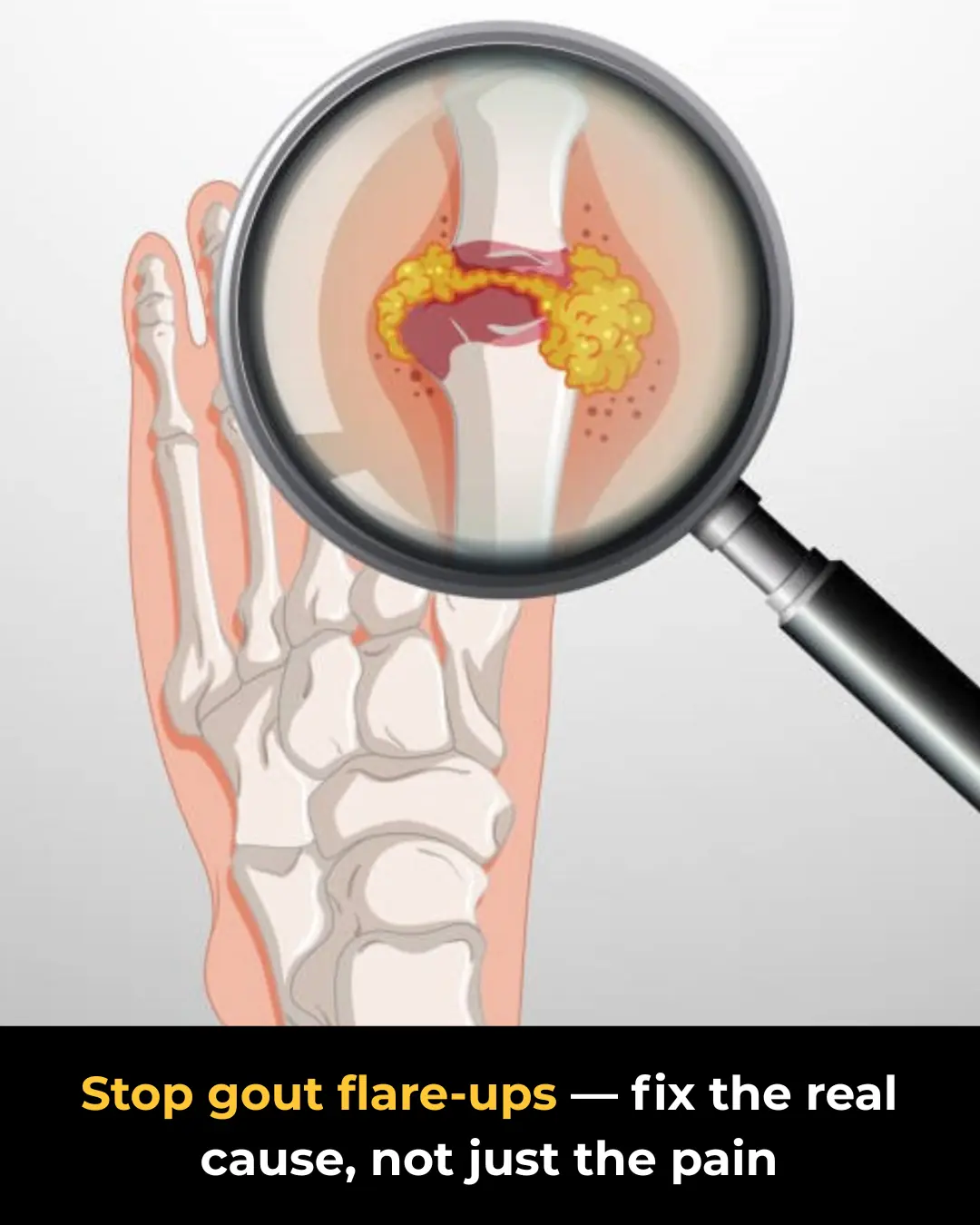
Gout Disease: The Untold Truth and 5 Common Treatment Mistakes

Arthritis Explained: Types, Causes, and Natural Pain Relief Methods
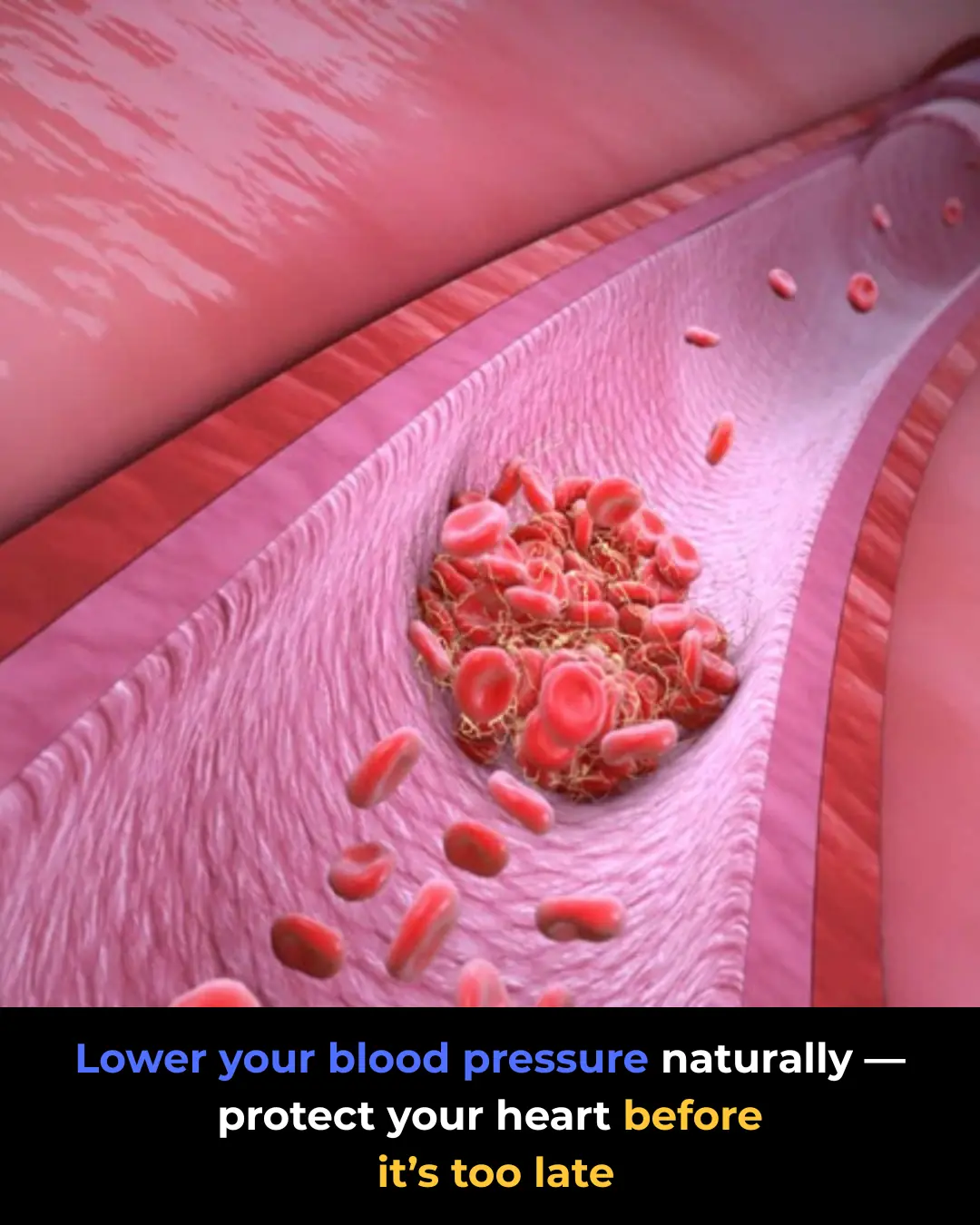
High Blood Pressure: Why It’s Dangerous and How to Stabilize It Naturally
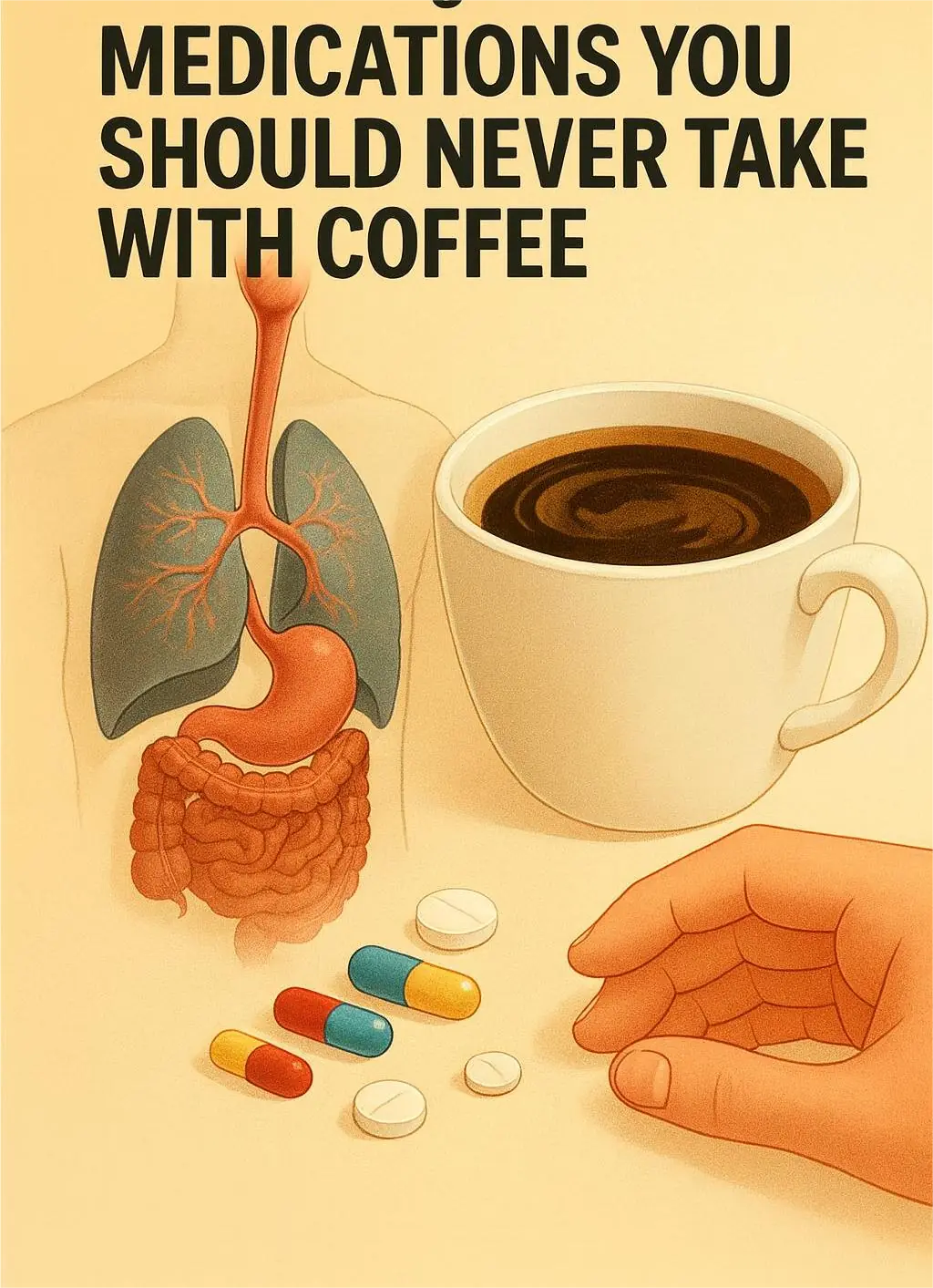
MEDICATIONS YOU SHOULD NEVER TAKE WITH COFFEE
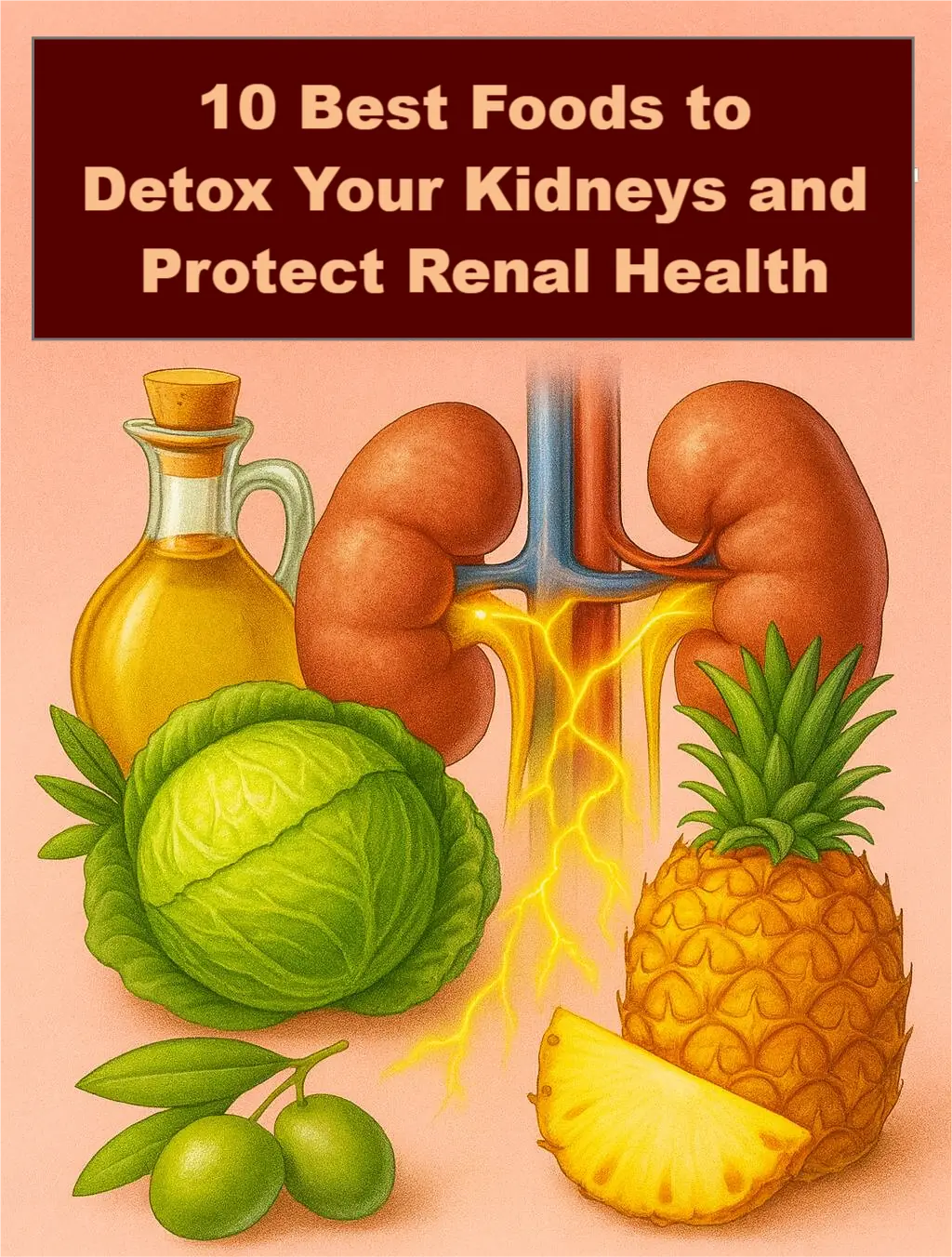
10 Best Foods to Detox Your Kidneys and Protect Renal Health

The Power of Clove Steam Inhalation (Respiratory Relief You Can Feel Immediately)
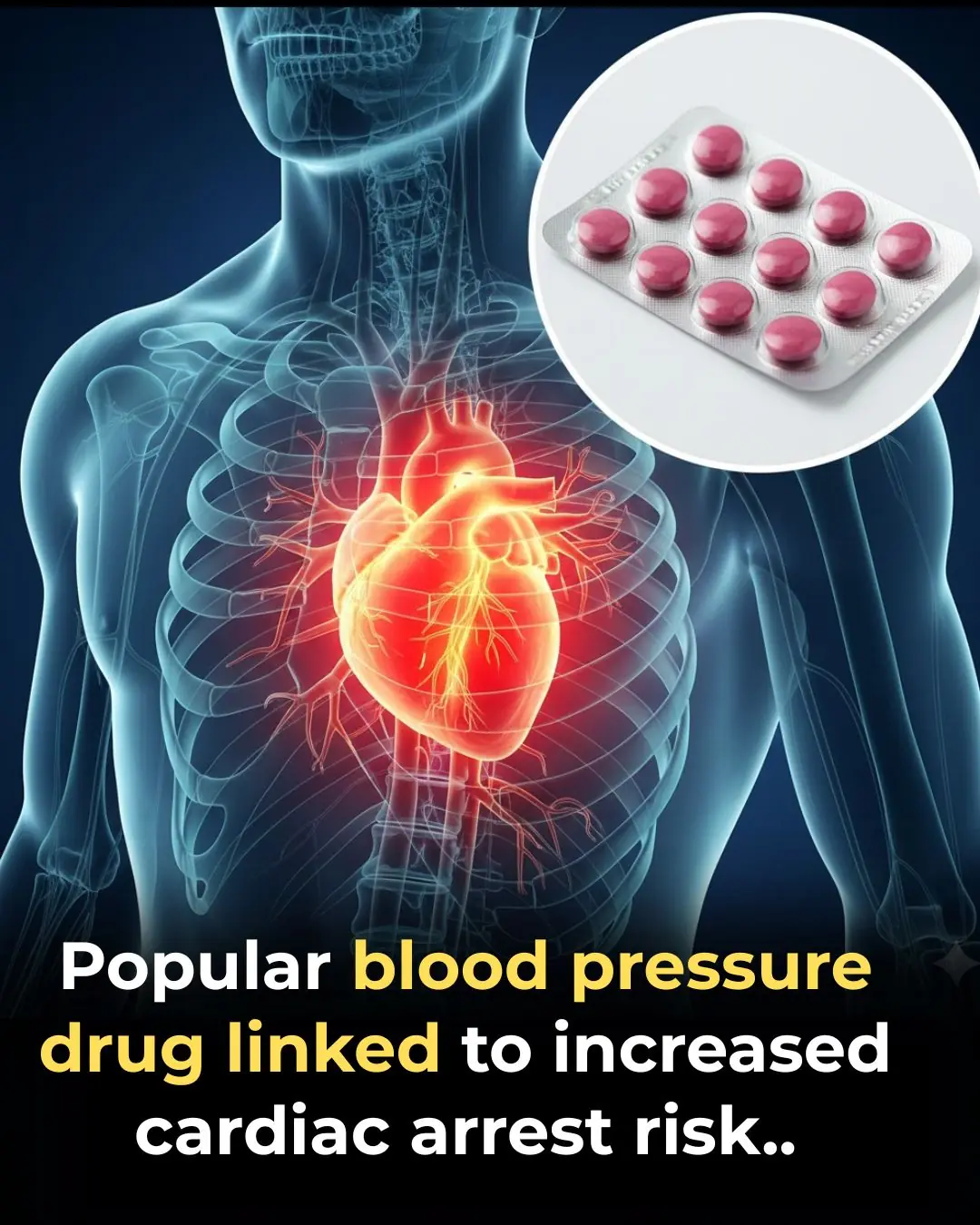
Popular blood pressure drug linked to increased cardiac arrest risk

Powerful Health Benefits of Pineapple You Should Know

The Surprising Health Benefits of Sleeping in a Cold Room

High Blood Sugar Warning Signs

🥚 A Look at How Certain Boiled Egg Habits May Affect Your Heart Health

🌿 Clove Water Sitz Baths for Women: A Gentle Guide to Hygiene and Comfort

What Happens to Your Body When You Eat Canned Tuna Every Day

17 Warning Signs Your Liver Is Crying for Help

How to Support Your Kidneys Naturally Using 1 Teaspoon of Baking Soda

Fish oil cuts CV risk nearly in half for dialysis patients
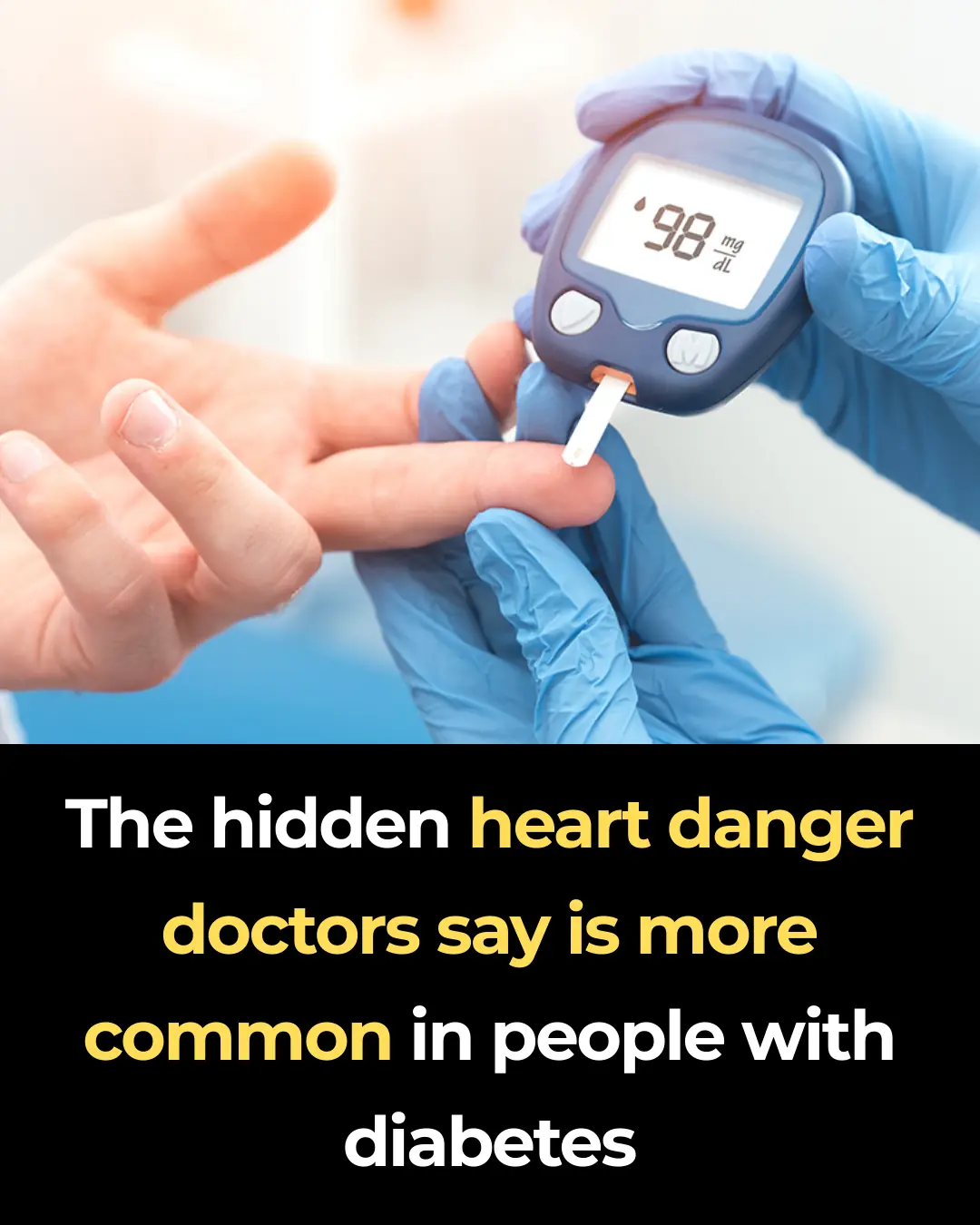
The hidden heart danger doctors say is more common in people with diabetes
News Post

Boyfriend Wakes From Coma and Blames Girlfriend for Deadly Accident

A New Era of Near Vision Clarity Through VIZZ Eye Drops

Vaping harms your heart more than you realize

Ever Wake Up But Can’t Move

Gout Disease: The Untold Truth and 5 Common Treatment Mistakes

A common household item may release up to 3 billion microplastic particles: Many families and hotels are still using it the wrong way

5 Things You Should Never Put in the Washing Machine — They Won’t Get Clean and May Even Be Dangerous

What Can You Make with Expired Yogurt?

Useful Tips for Better Sleep: Treat Insomnia and Difficulty Sleeping with Ginger and Ice Cubes

My Nana Taught Me This 2-Minute Trick to Stop Weeds From Sprouting After Leaf Cleanup — And It Works Like Magic

Most people will never know

You’ve been doing it wrong. Here’s the 3-minute mosquito trick my aunt swears by
Okay, I really need to try this in my garden

Arthritis Explained: Types, Causes, and Natural Pain Relief Methods

High Blood Pressure: Why It’s Dangerous and How to Stabilize It Naturally

MEDICATIONS YOU SHOULD NEVER TAKE WITH COFFEE

What You See First in This Optical Illusion Reveals A Lot

Why Your Dog Stares at You

10 Best Foods to Detox Your Kidneys and Protect Renal Health
